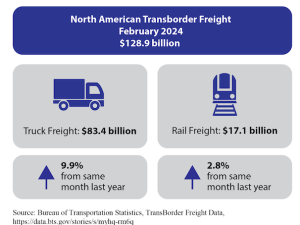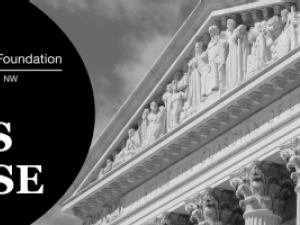The transport minister and most of his staff resigned or were fired in July of last year, and a new, supposedly more scrupulous group is now in charge.
Yet the incident helps illustrate why President Dilma Rousseff's plan to involve the private sector in more public works projects is not a cure-all - and why she still must make major inroads against graft, red tape and other obstacles in order to succeed.
Senior officials told Reuters they realize deep changes are needed in order to attract foreign capital - especially from companies that were scared off in the past by corruption and cost overruns. While there do not seem to be any truly game-changing reforms in the pipeline, the officials did outline some initiatives aimed at increasing transparency and efficiency - and making the Brazilian government a less onerous partner.
"I think this government, of Dilma Rousseff, has clearly shown that it is not going to tolerate corruption," Transport Minister Paulo Passos, a bespectacled career technocrat who assumed the job after last year's purge, said in an interview.
"What happened here is one sign of that," he added with a faint smile.
Rousseff hopes the infrastructure plan, unveiled on Wednesday, will revolutionize Brazil's decrepit highway and railway system. She is also betting it will provide a boost to an economy that has barely grown during the past year, and is struggling to upgrade its infrastructure before hosting the 2014 World Cup and the 2016 Summer Olympics.
The initiative marks a major shift from practices over the past decade in which successive left-leaning governments oversaw planning, execution and maintenance of most infrastructure projects. Under the new scheme, which some have labeled a privatization, businesses will be responsible for most aspects of building or improving about 4,500 miles (7,500 km) of highways and 6,200 miles (10,000 km) of railroads.
Rousseff said she will outline similar initiatives for sea ports and airports in coming weeks.
Observers generally praised the spirit of the plan, but pointed out that it does not remove the state entirely from the equation. Brazil's notoriously slow environmental licensing process, a legal system that allows projects to be halted for tenuous reasons, and continued problems with graft mean that the plan is likely to fall short of Rousseff's expectation of $50 billion in investments in just five years.
Richard Dubois, a partner at PwC Consulting, said private companies usually build construction projects in Brazil in half the time and at 60 percent of the cost of the public sector. But once mandatory public hearings and other formalities of the tender process are taken into account, the time from start to finish sometimes ends up being "about the same," he said.
As an example, Dubois said his firm was recently hired by Sao Paulo's city hall to design plans for a 5,000-space parking garage - under a system that, like Rousseff's, put the private sector in charge. The plans themselves were completed in eight months, but another 14 months passed before the auction could proceed because of Brazilian bureaucracy, he said.
"This was despite the diligent efforts of the mayor's team on a project where, by the way, there was no real political struggle," Dubois said. "At the federal level, things are often even more complicated. There is going to be a learning curve."
'Superpowers' for New Company
One pillar of Rousseff's strategy to avoid such delays is creation of a new state-run company that will have "superpowers" to cut through red tape across multiple ministries and government agencies, officials say.
While technically part of the transport ministry, the Planning and Logistics Company will in practice be more powerf









